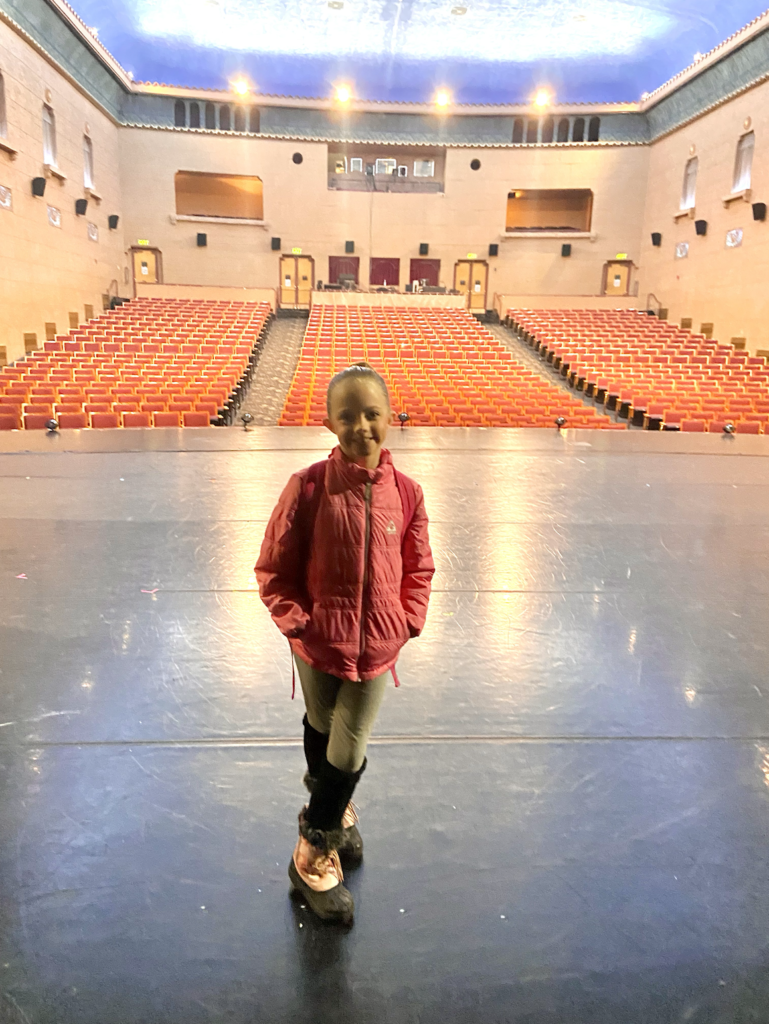
Why Ear Training?
 Lately as I have been teaching, I have found myself pondering the question, “What is so important about ear training, anyway?” I mean, I know it is important. I have done all sorts of sight singing courses, learned Solfege, taken crazy dictation tests where you have to write down all of the notes of a whole chord progression, learned to recognize how an interval sounds by whether it sounds like “Here comes the bride” or “Bali Hai” from South Pacific…but as I have had students working on ear training over the past couple of months I have found myself wondering…why is it so important?
Lately as I have been teaching, I have found myself pondering the question, “What is so important about ear training, anyway?” I mean, I know it is important. I have done all sorts of sight singing courses, learned Solfege, taken crazy dictation tests where you have to write down all of the notes of a whole chord progression, learned to recognize how an interval sounds by whether it sounds like “Here comes the bride” or “Bali Hai” from South Pacific…but as I have had students working on ear training over the past couple of months I have found myself wondering…why is it so important?
When a piano student asks why in the world they need to know how a minor sixth or a major seventh sounds, what is your answer? Do you have a good answer for them? Is there a good answer?
This is what I have been thinking about lately. And the main conclusion I have come to is this: in order to become good pianists and musicians, we need to train our ears to recognize the music we play. I think that, too often, pianists especially are much too detached from the SOUND that is actually coming out of the instrument. I find that when I tell my student to play a piece or a section again, but this time to really listen to the sound, so many things are immediately ten times better. Phrases are more musical, dynamics are more contrasting, staccatos are shorter – there is so much more music in the music! Our ears need to be trained just as our fingers do! They need to be trained to have relative pitch, to notice notes and harmonies and sounds and colors in the music. When our ears are trained to be actively involved in the music-making process, that is when we are truly able to become great musicians.
Tell me what you think! Take a minute and take this brief survey about ear training:


 Previous Post
Previous Post Next Post
Next Post



















I completely agree that pianists are often detached from the sound coming out of the instrument. Unlike vocalists, wind players and string players, pianists are not creating the actual pitch with their bodies- we just push buttons! I find that my students who don't have strong ear training skills struggle the most with memorization. For me, singing is absolutely crucial to developing a good ear and good phrasing though I have not yet figured out how to incorporate sight-singing into my piano curriculum.
I really enjoyed this article. I have been a music teacher for many years and know how important is ear training. I recommend to my students to use the AURALBOOK app. It’s really easy to use and has helped all my students pass their exams. It gives you live feedback so it’s like I’m with my students even when I’m not! And it’s free!